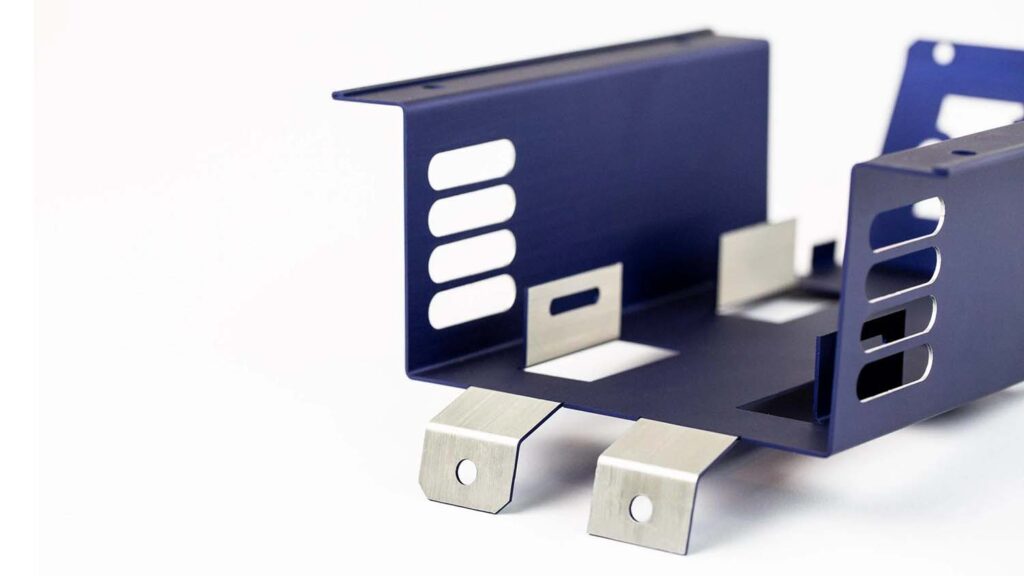Fictiv has announced a significant expansion of its production manufacturing capabilities, adding sheet metal, die casting, and compression moulding to its global network.
The company now offers 7 manufacturing technologies – injection moulding, 3D printing, CNC machining, urethane casting, compression moulding, die casting, and sheet metal – as well as hundreds of material and finishing options across four global regions.
“With the rollout of these new capabilities, we are making it even easier for our customers to source the mechanical parts they need for an entire product, with the speed and quality they have come to trust and rely on from Fictiv,” said Fictiv CEO Dave Evans. “As manufacturing leaders seek to expand margin, decrease BOM costs, and reduce supply chain risk in 2024, Fictiv is fully-stacked and well-positioned as a strategic custom manufacturing partner to help them realise their goals.”
The new manufacturing processes follows Fictiv’s increased 3D printing offering announced late last year, with 14 new 3D printing materials for advanced engineering applications, including high-temperature Ultem 9085, biocompatible ABS-M30i, and a suite of Somos materials for optical clarity and water resistance.
With blanking, bending inserts and fasteners, as well as secondary finishing, the Fictiv sheet metal service is pretty comprehensive for quick turnaround short run production of parts under three metres.
A range of aluminium, zinc and magnesium alloys are available via the service for die casting, with 7 finish options, including anodising and powder coating.
Compression moulding allows parts to be built in silicon, SBR, natural rubber, neoprene, polyurethane and others, with a range of finishes. Given the lower tooling costs but longer cycle times when compared to injection moulding, the process is typically for low-to-medium part volumes.






